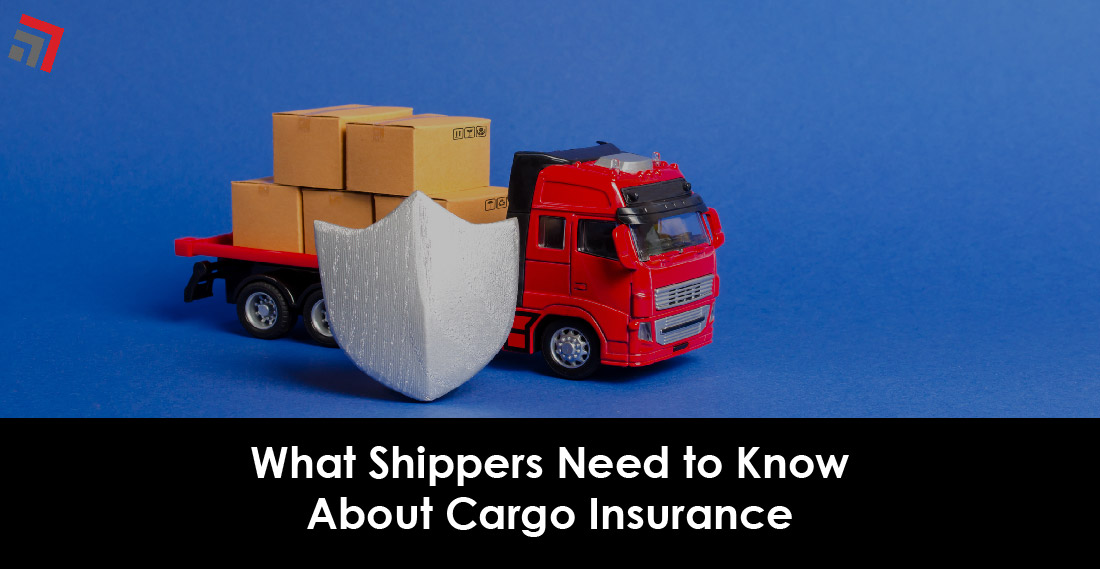Hurricanes. Cargo theft. Cross-border trade risks. The list can go on and on. There exists a lot of ifs in transportation—pockets of potential for things to go wrong while a shipment is in transit. Often times, things work out, but when they don’t, that’s where the value of cargo insurance shines.
The purpose of shippers having cargo insurance is to mitigate the financial risks inherent in domestic or cross-border shipments. Even though trucking companies are obligated to carry liability insurance, the coverage is often limited and may not account for risks that can rear their ugly head in transit, like theft, damage, or natural disasters. These blind spots in basic carrier coverage can prove costly to shippers if exposed in the event of an accident or theft.
The following are considerations to discuss with service providers prior to purchasing cargo insurance:
- Product value: Shippers should account for the value of their goods when choosing coverages. If the value of goods is underestimated or excluded, whatever payout is awarded in the event of damaged or lost cargo will likely fall short of the actual worth, forcing shippers to absorb remaining costs.
- Type/level of cargo insurance: It’s important for shippers to recognize the stated amount of cargo insurance a hired trucking company is carrying. This establishes a starting point to understanding what policy is needed on the shipper’s end to make up for the difference in any shortcomings.
- Identify exclusions in coverage: Shippers should confirm that their policy covers all bases they deem necessary to insure against. It would be a bummer to invest in a plan only to discover that it doesn’t cover an event your filing a claim for. This can be a tricky one since exclusions can be weirdly specific and vary by policy or cargo type. Examples include, but certainly aren’t limited to, a trailer not properly attached to the truck cab or cargo being damaged due to rain.
- Cargo type also plays a large role in exclusions. For example, refrigerated goods, which are prone to damages in transit, are recommended to be covered by a reefer-specific policy which accounts for unique transportation risks in this area of trade.
- Regulatory compliance: Federal law places certain responsibilities on shippers when cargo damage or loss occurs. First, they must prove their goods were in good condition when the trucking company picked them up. Second, they must also prove the goods were damaged when they were delivered to their destination. In the case of a prevented delivery, like a theft or an accident involving the cargo, shippers would have to verify when the event occurred. Lastly, shippers must prove the amount of the damages.
Cargo insurance, an emphasis in the Commerce Express service protocol
Shippers should not be alone when deciding on cargo insurance coverage and, more importantly, in the event of a claims process. Commerce Express Inc.’s commitment goes beyond mere insurance provision; we actively engage in the claims process on behalf of our clients.
In the event of damage, theft, or other incidents, our dedicated team takes charge of the claims procedure. From documentation to coordination with insurers, we ensure an efficient claims resolution. By integrating cargo insurance with a proactive approach to managing claims, we provide our clients with a comprehensive risk management solution, empowering them to navigate the intricacies of global supply chains with confidence and resilience.




Recent Comments